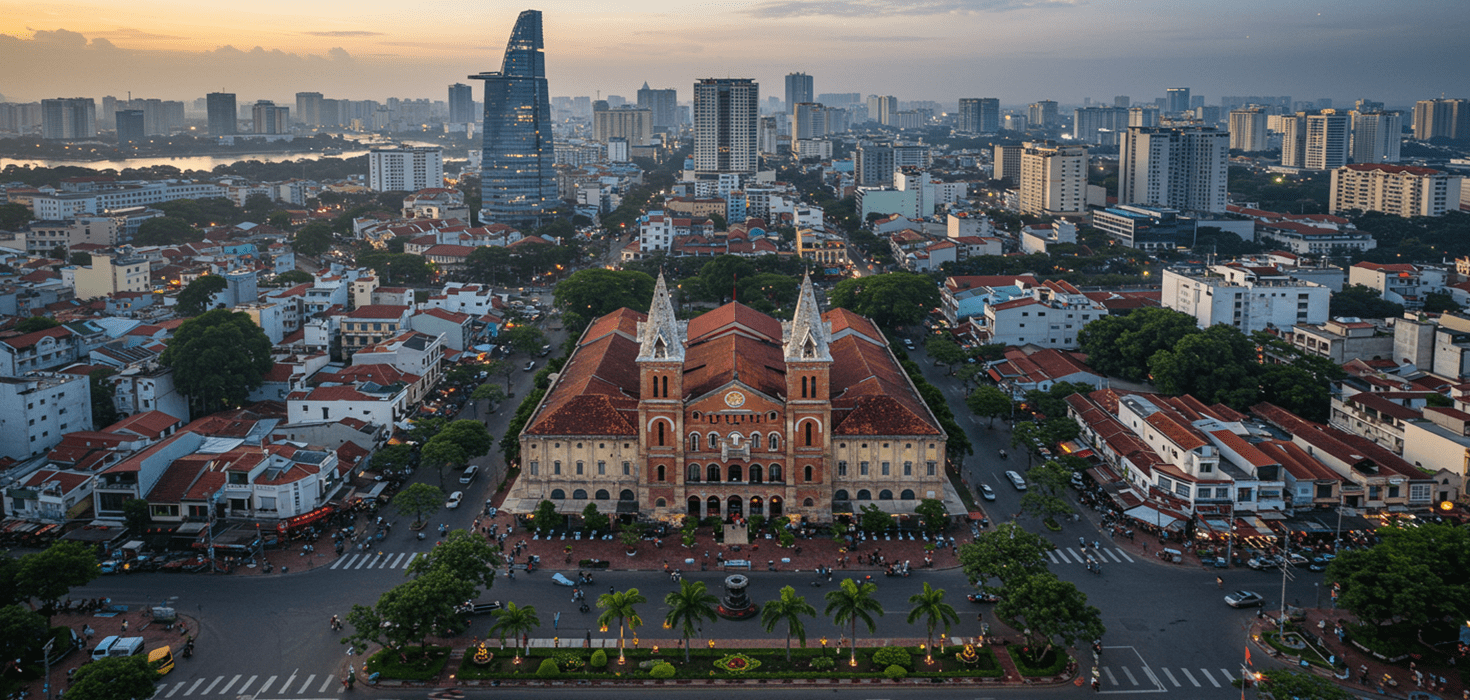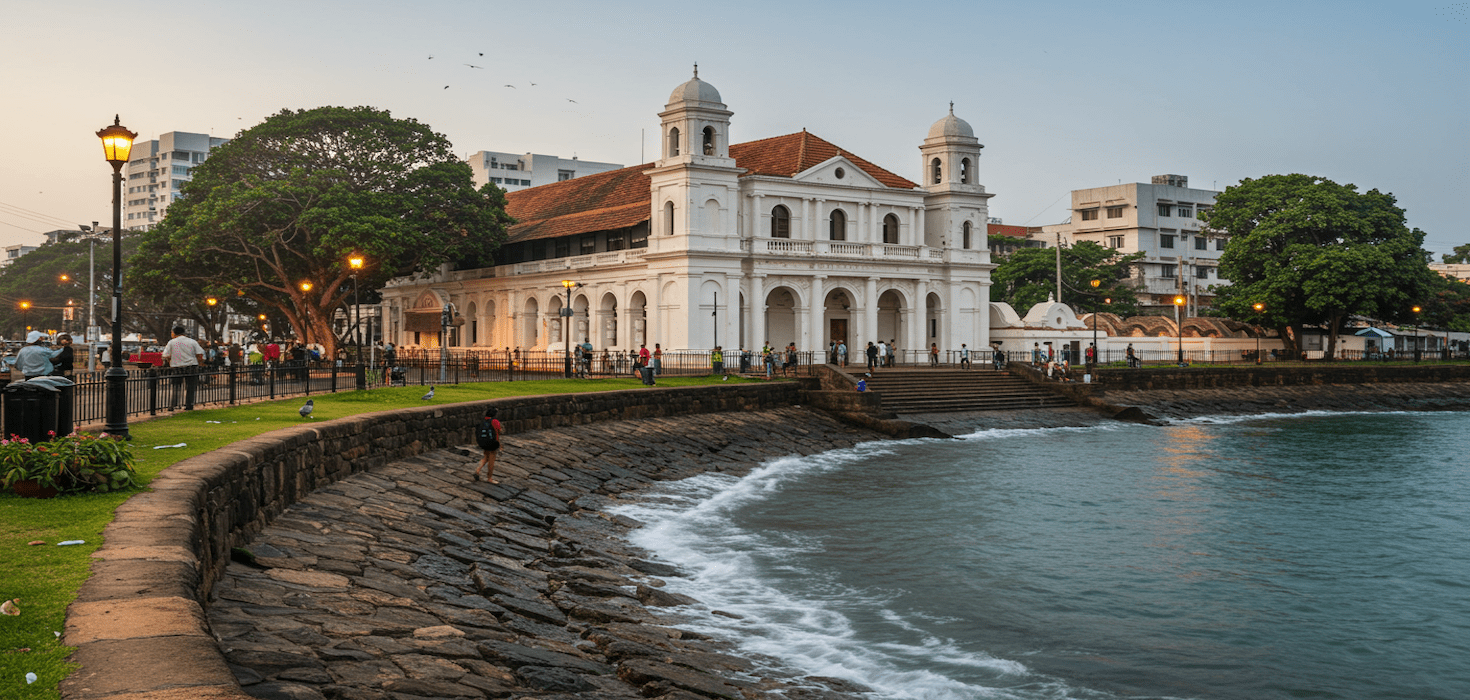Shopping in Turkey: A Cultural Adventure Awaits
Turkey is a treasure trove of shopping experiences, where the vibrant hustle and bustle of local markets tell stories as rich as the country’s history. From the colorful stalls of artisan crafts to the aromatic spices that fill the air, shopping in Turkey isn’t just about acquiring goods—it’s about immersing yourself in a culture that values craftsmanship and tradition. The local markets, often overlooked by tourists, are where you’ll find hidden gems waiting to be discovered. These markets are not only a feast for the eyes but also a chance to support local artisans whose skills have been passed down through generations.
Discovering Turkey’s Hidden Markets: A Shopper’s Paradise
While many travelers flock to iconic spots like the Grand Bazaar, Turkey is dotted with lesser-known markets that offer a unique glimpse into the local lifestyle. Venture into neighborhoods like Kadıköy in Istanbul or the charming streets of Çeşme, where you’ll find local markets brimming with handmade goods, vintage finds, and delicious street food. These hidden gems are perfect for those looking to escape the tourist traps and engage with the community.
Supporting local artisans is crucial, as each purchase contributes to the preservation of traditional crafts. Whether it’s a handwoven carpet or a piece of intricate pottery, the stories behind these items add depth to your shopping experience. So, grab your shopping bags and prepare to uncover the authentic spirit of Turkey in its local markets. For more insights on unique shopping experiences, check out our guide to Discover Turkey’s Hidden Gems.
The Allure of Turkish Bazaars: More Than Just Shopping
No exploration of Turkey’s shopping scene would be complete without mentioning its legendary bazaars. The Grand Bazaar and Spice Bazaar in Istanbul are not just markets; they are cultural landmarks that have stood the test of time. Picture yourself wandering through the maze of stalls, each one overflowing with colorful textiles, fragrant spices, and dazzling jewelry. The atmosphere is electric, filled with the sounds of merchants calling out to potential buyers and the tantalizing smells of Turkish delights wafting through the air.
These bazaars are steeped in history, having served as vital trading hubs for centuries. Anecdotes of traders and travelers fill the air, making each visit feel like stepping back in time. The Grand Bazaar, with its 4,000 shops, is a shopper’s paradise where you can haggle for everything from handmade carpets to leather goods. Meanwhile, the Spice Bazaar offers an explosion of colors and scents, featuring everything from saffron to dried fruits. For a deep dive into these iconic markets, check out our article on the Top Markets and Festivals for Shopping in Turkey.
Artisan Treasures: Handcrafted Goods from Local Artisans
One of the most rewarding aspects of shopping in Turkey is the opportunity to purchase artisan goods that reflect the country’s rich cultural heritage. Across the country, from the bustling streets of Istanbul to the serene towns of Cappadocia, you’ll find artisan shops brimming with handcrafted treasures. These local crafts—be it a beautifully woven Turkish carpet, delicate ceramics, or stunning jewelry—are not just products; they are pieces of art infused with the passion and skill of their creators.
Engaging with artisans can be a delightful experience. Many are eager to share the stories behind their crafts, offering a personal touch that you won’t find in mass-produced items. By purchasing from these artisans, you’re not only taking home a unique souvenir but also supporting the local economy and preserving traditional crafts. For a comprehensive look at where to find these artisan shops, check out our Ultimate Guide to Shopping in Istanbul.
A Culinary Adventure: Food Markets and Local Delicacies
Food lovers rejoice! Turkey’s local food markets are a culinary adventure waiting to happen. Imagine strolling through vibrant stalls filled with fresh produce, aromatic spices, and mouth-watering sweets. Markets like the Kadıköy Market in Istanbul or the Alanya Market on the Mediterranean coast offer a sensory overload that will leave your taste buds tingling.
Shopping for local delicacies is an experience in itself. Sample olives, cheeses, and the famous Turkish delight as you explore the stalls. Don’t forget to pick up some spices and herbs to take home, allowing you to recreate the flavors of Turkey in your own kitchen. For a deeper dive into the culinary treasures of Turkey, explore our Explorer’s Guide to Istanbul’s Markets.
Vintage Finds and Antique Treasures: Flea Markets of Turkey
For those with a taste for the unique and the nostalgic, Turkey’s flea markets are a delightful treasure hunt waiting to be explored. Picture yourself wandering through a labyrinth of eclectic stalls, each brimming with vintage clothing, antique trinkets, and one-of-a-kind collectibles. Markets like the Çukurcuma Antique Market in Istanbul offer a glimpse into the past, where you can find everything from vintage Turkish textiles to exquisite glassware.
These markets are not just about shopping; they are about storytelling. Each item has a history, and many vendors are eager to share the tales behind their wares. Whether you’re hunting for a quirky piece of art or a rare find to add to your collection, flea markets in Turkey promise an adventure. Plus, haggling is part of the fun—don’t be shy to strike a deal!
For tips on discovering these hidden gems, check out our Travel Guides for Turkey.
Sustainable Shopping: Ethical Choices in Turkish Markets
As you explore the vibrant markets of Turkey, consider the impact of your purchases. Sustainable shopping is gaining momentum, and many local artisans are committed to ethical practices. From eco-friendly materials to fair trade practices, supporting these artisans not only helps preserve traditional crafts but also contributes to the local economy.
Look for shops that highlight their sustainable practices, such as using natural dyes in textiles or sourcing materials locally. By choosing to buy from these vendors, you’re making a positive impact while taking home beautiful, authentic Turkish goods. It’s a win-win! So, when you’re out shopping for Turkish handmade goods, keep an eye out for labels or signs that indicate eco-friendly practices.
Seasonal Shopping: Festivals and Special Markets
Turkey’s shopping scene truly comes alive during festivals and seasonal markets. Events like the Istanbul Shopping Fest or local harvest festivals showcase artisan crafts, local delicacies, and cultural performances. These special occasions offer a unique opportunity to find limited-edition items and experience the local culture in a festive atmosphere.
During these festivals, you can often find unique artisan food products, handmade crafts, and even live demonstrations of traditional crafts. It’s a perfect chance to mingle with locals and other travelers while enjoying the lively ambiance. Be sure to check the calendar for upcoming events in the region you’re visiting; you won’t want to miss out on these vibrant shopping experiences!
Shopping Tips for Travelers: Making the Most of Your Experience
Ready to hit the markets? Here are some handy tips to make your shopping experience in Turkey even more enjoyable:
- Haggle with a Smile: Bargaining is part of the shopping culture in Turkey. Approach it with a friendly attitude, and you might just score a great deal!
- Cash is King: While some shops accept credit cards, many local vendors prefer cash. Having Turkish Lira on hand will make transactions smoother.
- Ask Questions: Don’t hesitate to ask vendors about their products. Most are happy to share their stories, and it can lead to a richer shopping experience.
- Look for Quality: When shopping for artisan crafts, check for authenticity. Look for signs of craftsmanship, such as intricate detailing and quality materials.
With these tips in mind, you’ll be well-prepared to navigate the bustling markets of Turkey and find the perfect souvenirs to take home. For more insights, don’t forget to check out our Top Markets and Festivals for Shopping in Turkey.
Transportation Tips: Getting to Turkey’s Best Markets
Getting around Turkey’s vibrant cities is part of the adventure! Major cities like Istanbul have excellent public transportation systems, including buses, trams, and ferries. Here are some tips for reaching the best markets:
- Public Transport: Use Istanbul’s Metro or tram system to get close to popular markets like the Grand Bazaar and Kadıköy Market. It’s efficient and budget-friendly!
- Walking: Many markets are located in pedestrian-friendly areas. Wear comfortable shoes and enjoy the sights as you stroll from one market to another.
- Ride-Sharing: Apps like Uber and local equivalents are available in major cities, making it easy to get to markets that are a bit farther out.
With these tips, you’ll be hopping from market to market in no time, soaking up the local culture as you go!
Fun Facts About Turkish Markets and Shopping Culture
Did you know that shopping in Turkey is steeped in tradition? Here are some fun facts to impress your friends back home:
- Grand Bazaar Glory: The Grand Bazaar in Istanbul is one of the largest and oldest covered markets in the world, with over 4,000 shops!
- Spice Bazaar Secrets: The Spice Bazaar, or Egyptian Bazaar, was built in the 17th century and is famous for its colorful displays of spices, dried fruits, and sweets.
- Local Customs: It’s customary to offer tea to customers in many shops. Accepting a cup is a sign of respect and can lead to friendly conversations!
These tidbits add an extra layer of enjoyment to your shopping adventures in Turkey. Soak in the atmosphere and share these facts with fellow travelers!
Historical Context and Folklore: The Story Behind the Crafts
Every piece of artisan craft in Turkey has a story to tell. From the intricate designs of Turkish pottery to the vibrant patterns of handmade carpets, these crafts are steeped in history and folklore. For example, the traditional art of carpet weaving dates back centuries and is often tied to the region’s cultural heritage. Each region in Turkey has its own unique styles and techniques, making every carpet a reflection of its origin.
Many artisans use techniques passed down through generations, and they take great pride in their work. Engaging with these artisans can provide insight into the stories and traditions behind their crafts. So, when you purchase a handmade item, you’re not just buying a product; you’re acquiring a piece of history!
Commonly Asked Questions (FAQs)
Curious about shopping in Turkey? Here are some frequently asked questions that might help:
- What are the best souvenirs to buy in Turkey? Look for Turkish carpets, ceramics, spices, and local textiles. Each region has its specialties!
- Are prices fixed in Turkish markets? No, haggling is common and expected in local markets. Don’t hesitate to negotiate!
- Can I use credit cards in markets? While many shops accept cards, it’s best to have cash on hand, especially in smaller markets.
These answers can help you feel more prepared as you embark on your shopping adventures in Turkey!
Shopping in Turkey is an experience that goes beyond mere transactions; it’s about connecting with the culture, supporting local artisans, and uncovering unique treasures. From bustling bazaars to charming flea markets, each shopping excursion is a chance to create lasting memories. So, pack your bags and get ready to explore the enchanting markets of Turkey!












